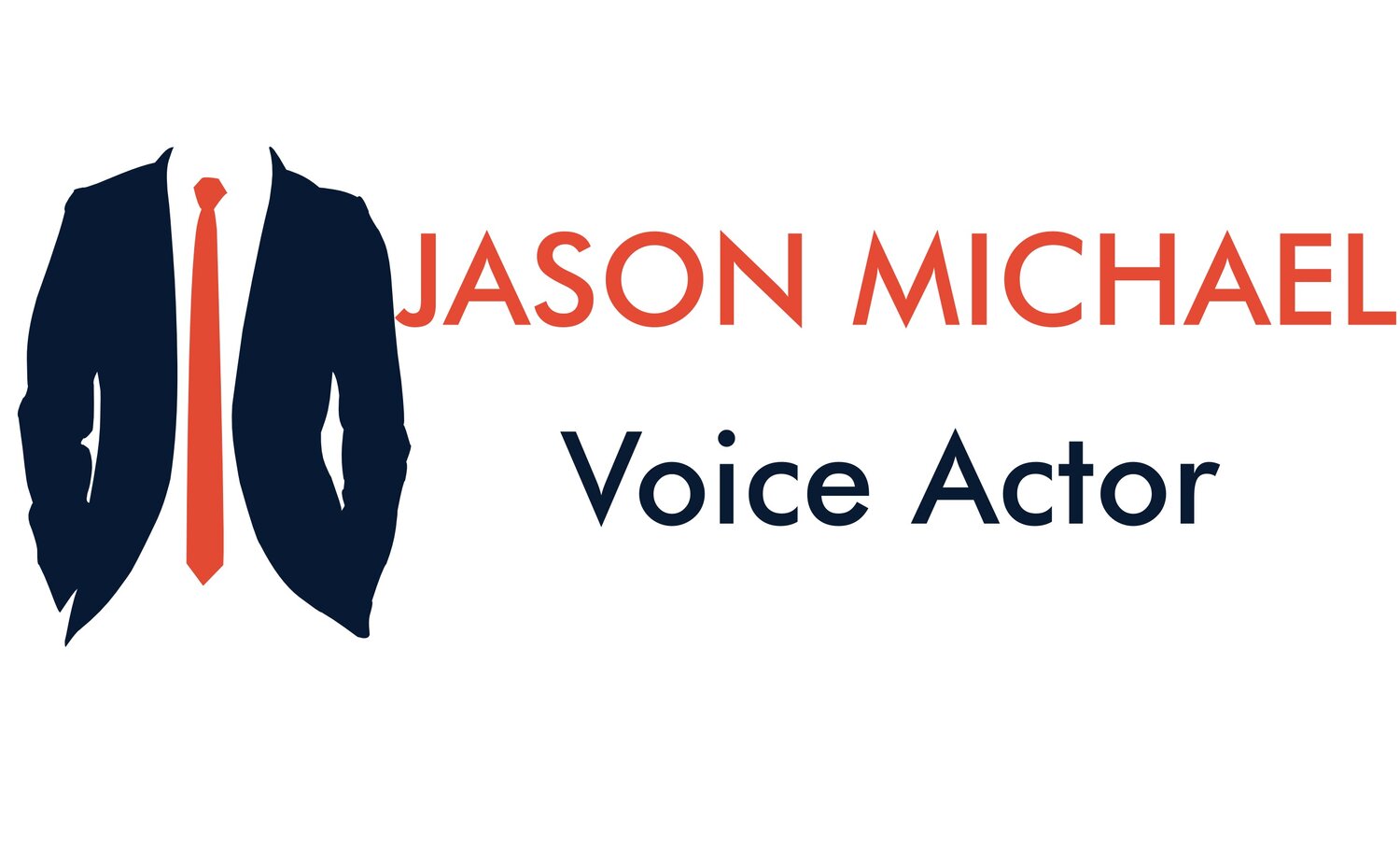Sports Announcing Voiceover Tips: Don’t Make These 7 Mistakes in Your Play-by-Play Reads
Have you ever been watching a game and felt like the announcer’s words pulled you right into the action, as if you were sitting courtside or on the fifty-yard line? Now, flip that image and imagine the opposite: an announcer who steps on the moment, runs out of breath during a key play, or buries the audience under jargon they don’t understand.
Which one would you rather listen to? The truth is, the best voiceover actors know that it isn’t just about having a strong voice. It’s about pacing, timing, and connecting with the listener in a way that makes the game feel alive.
Sports voiceover work is one of the most exciting, high-energy corners of the VO industry, but it’s also one of the trickiest to master. Play-by-play reads have a rhythm and urgency all their own, and if you’re new to the field, it’s easy to slip into habits that turn a dynamic read into a confusing or distracting one. Whether you’re a seasoned voice talent trying to refine your craft or someone just dipping their toes into sports announcing, these seven mistakes are the ones you’ll want to avoid if you want to sound polished, professional, and ready to win over an audience.
Mistake 1: Losing Your Timing in the Heat of the Moment
The hallmark of a great play-by-play announcer is timing. When the game speeds up, your delivery has to match the energy without racing ahead or lagging behind. New announcers often stumble here, either rushing to keep up or stretching words too long and dulling the play’s excitement.
Think of timing as your invisible partner. If you stay in sync with the action, your audience feels immersed in the game. If you miss the rhythm, they feel disconnected, like the sound doesn’t quite belong to what they’re watching.
To fix this, practice with real game footage. Mute the announcer and record your own play-by-play. Then, play it back and compare. Did your words match the pace of the action, or did you get ahead of yourself? Over time, you’ll develop an instinct for letting the play set your tempo.
Mistake 2: Running Out of Breath Mid-Sentence
Sports reads demand stamina. Nothing disrupts the flow of a tense fourth quarter like an announcer gasping for air in the middle of a sentence. Breath control is crucial, and beginners often underestimate how much air a long, fast-paced call requires.
The solution is twofold. First, practice diaphragmatic breathing, the same technique singers use. It lets you take in more air and release it steadily, giving you control over long passages. Second, learn to spot natural breaks in the action where you can sneak in quick breaths without the audience noticing.
VO talent like me spend as much time on breath management as we do on vocal tone, because breath is about control. If you control your breathing, you control your performance.
Mistake 3: Overhyping Every Play
Similar to commercial voiceover, it’s tempting to bring high energy to every moment, but when everything is hyped, nothing feels special. Imagine if a preseason scrimmage got the same breathless enthusiasm as a game-winning touchdown. The audience would quickly tune out, or worse, lose trust in your calls.
The key is contrast. Save your highest energy for the biggest moments, and use lighter touches to keep the rest of the game flowing. Think of it like storytelling. A good story builds to a climax. Sports are no different.
When you work on sports announcing projects, it helps to remind yourself that restraint is part of the craft. If you give listeners peaks and valleys, they’ll stay engaged and hang on every word when the big moment arrives.
Mistake 4: Drowning Listeners in Jargon
Sports come with their own language, but that doesn’t mean every audience speaks it fluently. New announcers sometimes overcompensate by peppering their reads with insider jargon that leaves casual viewers lost.
The best announcers strike a balance. They use enough terminology to sound knowledgeable without alienating the audience. If you’re announcing a niche sport or tournament, remember that some listeners might be tuning in for the first time. Explaining a term in simple language, or using a more universal phrase, can keep them engaged.
Mistake 5: Ignoring the Emotional Arc of the Game
Play-by-play isn’t just about calling the action. It’s about telling the story of the game. Too many announcers get stuck in the weeds, listing stats and plays without weaving them into a narrative.
Great announcers highlight momentum shifts, rivalries, and drama. They use their voice to build tension, release it, and then build it again. They make the listener feel like they’re part of something unfolding in real time, not just hearing a string of isolated plays.
When you treat each game like a story, your delivery changes. You pace yourself differently, emphasize key moments, and let your voice rise and fall with the drama. That’s what keeps people glued to their screens.
Mistake 6: Forgetting About Clarity
In the rush to keep up with the action, clarity often gets sacrificed. Words blur together, names get mispronounced, and suddenly the audience is confused. If the listener can’t follow what you’re saying, the energy you bring doesn’t matter.
Practicing articulation drills and slowing down just enough to hit consonants cleanly can transform your delivery. A trick often used is over-articulating in rehearsal, then pulling it back slightly in performance. It keeps clarity sharp without sounding robotic.
The effectiveness of sports announcer voiceover is about speed, but clarity is about respect. Respect your audience enough to give them a call they can follow without straining.
Mistake 7: Neglecting Preparation
Finally, one of the most common mistakes is thinking you can just “wing it.” Preparation separates amateurs from pros. Before a broadcast, learn player names, team histories, and key stats. Rehearse tricky pronunciations and practice reading lineups until they flow.
Preparation also helps you stay confident when the unexpected happens, like an overtime nail-biter or a sudden injury. If you’ve done the work beforehand, you’ll be free to focus on the energy of the moment instead of scrambling for basic info.
Quick Reference Table: Common VO Mistakes in Sports Announcing
Losing Timing
Problem: Breaks immersion and confuses the audience
Solution: Practice with game footage and sync your tempo to the action
Running Out of Breath
Problem: Disrupts flow and distracts listeners
Solution: Use diaphragmatic breathing techniques and plan breath points in advance
Overhyping Every Play
Problem: Dilutes the impact of truly big moments
Solution: Use contrast effectively and save your energy for genuine highlights
Overusing Jargon
Problem: Alienates casual viewers who may not understand technical terms
Solution: Balance terminology with accessibility and explain concepts as needed
Ignoring Emotional Arc
Problem: Makes your call flat and forgettable
Solution: Build tension throughout and treat the game like a story with rising action
Sacrificing Clarity
Problem: Audience struggles to follow the action
Solution: Practice articulation drills and maintain mindful pacing
Skipping Preparation
Problem: Leads to mistakes and lost confidence during the broadcast
Solution: Research thoroughly, rehearse player names and stats beforehand
Why These Tips Matter Beyond Sports
Here’s the thing: mastering sports announcing voiceover doesn't just make you a better announcer. It makes you a better voice actor overall. Timing, breath control, emotional storytelling, and clarity are universal VO skills. When you can nail them under the pressure of a live sports read, you’ll bring that same precision and energy to commercials, narrations, or e-learning scripts.
For clients, that means you’re hiring someone who understands how to command attention and keep listeners engaged, no matter the content.
Finding Your Voice in Play-by-Play
Sports announcing voiceover is thrilling, but it’s not for the faint of heart. You need energy, stamina, and the ability to keep your audience on the edge of their seats without losing them along the way. By avoiding these seven mistakes, timing missteps, breath issues, overhyping, jargon overload, missing the story arc, sacrificing clarity, and neglecting preparation, you’ll stand out as a voice talent who can truly elevate the game.
And if you’re a producer, network, or brand looking for a sports VO that delivers both energy and polish, connect with an expert like Jason Michael. He brings professional studio quality, years of experience, and a passion for storytelling to every project. Whether it’s play-by-play announcing, commercials, or narrations, he’ll help your words come alive with impact.
So next time you’re gearing up for a call, whether it’s a championship showdown or a promotional campaign, remember: your voice has the power to shape the story. Make sure it’s a story worth listening to.

